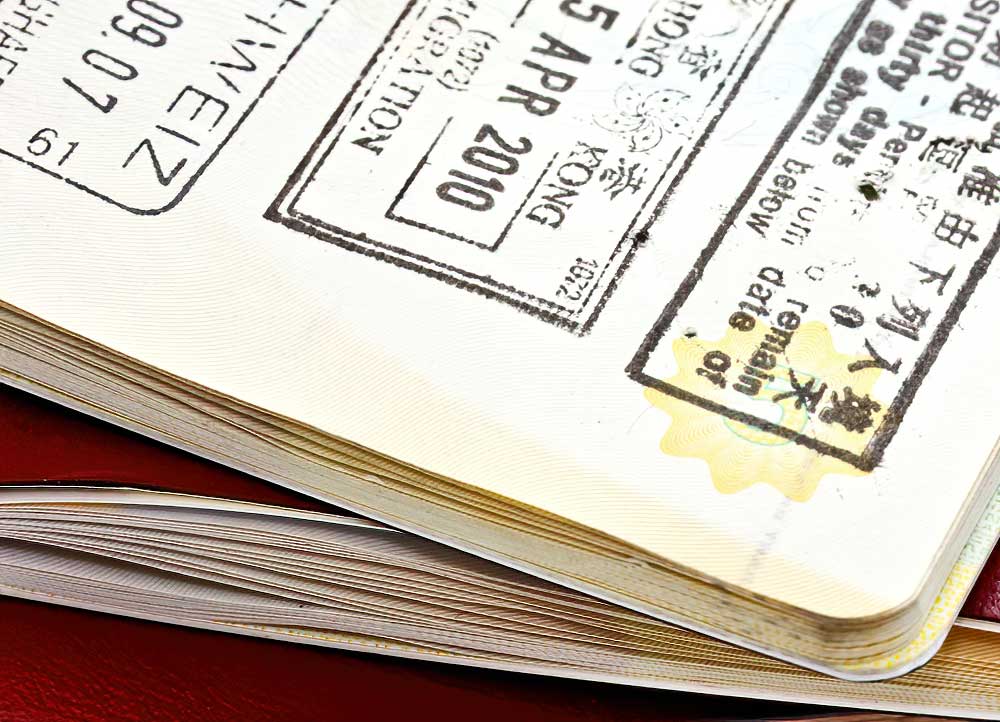As a traveler or someone interested in European geopolitics, you may ask, “Is Bulgaria in the Schengen Area?” As of March 31, 2024, Bulgaria officially joined the Schengen Area, marking a significant milestone in the country’s integration into Europe’s borderless travel zone. This article provides a comprehensive look at Bulgaria’s Schengen status, its implications for travel, and what you need to know about border controls, visas, and free movement within Europe.
Is Bulgaria Now Part of the Schengen Area?
Yes, as of March 31, 2024, Bulgaria is part of the Schengen Area. This recent inclusion allows Bulgaria to enjoy the benefits of the Schengen Zone, which primarily involves the removal of border checks at internal air and sea borders with other Schengen countries. However, a decision on lifting controls at internal land borders with Schengen countries is still pending and will be determined by the Council later.
What Does Bulgaria’s Schengen Membership Mean for Travelers?
With Bulgaria’s inclusion in the Schengen Area, travelers will experience smoother transit and fewer border checks when traveling between Bulgaria and other Schengen countries. Here’s what you need to know:
- No Border Checks at Air and Sea Borders: As of March 31, 2024, all internal air and sea border checks between Bulgaria and other Schengen countries have been lifted. This means passengers flying or traveling by sea to or from Bulgaria no longer undergo routine border checks, making travel more efficient and seamless.
- Pending Decision on Land Borders: While air and sea borders are now open, border checks at land borders between Bulgaria and neighboring Schengen countries remain. The Council is expected to make a final decision on lifting these checks in the future.
- Free Movement within the Schengen Zone: Bulgaria’s entry into the Schengen Area enhances the free movement of persons. EU citizens and non-EU nationals residing or visiting Bulgaria can travel to other Schengen countries without undergoing border checks, provided they comply with the Schengen visa regulations.
Traveler Tip: For a hassle-free travel experience, ensure your travel documents, such as passports and visas, are up-to-date and comply with Schengen requirements.
Understanding the Schengen Area and EU Membership
It’s important to differentiate between the Schengen Area and the European Union (EU):
- Schengen Area: This area comprises countries that have abolished border checks at their mutual borders, allowing for free movement across the zone. Bulgaria’s inclusion means it adheres to these regulations.
- European Union (EU): A political and economic union of 27 member countries. While all Schengen countries are in the EU, not all EU countries are in the Schengen Zone (e.g., Ireland and Cyprus).
Bulgaria joined the EU in 2007 and now, with its Schengen membership, aligns more closely with the EU’s principles of freedom of movement and borderless travel.
Freedom and Security for Travelers in the Schengen Zone
The Schengen Area guarantees free movement for over 425 million EU citizens and non-EU nationals legally residing in or visiting the EU. Schengen provisions allow for:
- Abolition of Internal Border Checks: Travelers can cross internal Schengen borders without routine passport checks.
- Common External Border Rules: A single set of rules applies for those entering the Schengen Area for short stays (up to 90 days), including visa requirements and entry conditions.
Traveler Tip: Even within the Schengen Area, national authorities can perform police checks distinct from border checks, often based on general security considerations.
Police Checks and Temporary Border Controls in the Schengen Area
While routine border checks are abolished, Schengen rules permit police checks near borders. These checks do not equate to systematic border controls but aim to maintain public order and security. In exceptional cases, such as serious threats to public policy, Schengen countries, including Bulgaria, may temporarily reintroduce border controls.
Criteria and Process for Bulgaria Joining the Schengen Area
Joining the Schengen Area required Bulgaria to meet strict criteria:
- Implementation of Schengen Rules: Bulgaria had to align with the Schengen acquis, including managing external borders and issuing Schengen visas.
- Enhanced Cooperation: Bulgaria improved police cooperation and judicial systems to align with other Schengen countries.
- Schengen Information System (SIS): Bulgaria integrated with the SIS, a critical tool for sharing security and border management information among Schengen states.
Bulgaria met the conditions following successful evaluations, which led to the Council’s unanimous approval of its entry into the Schengen Area on December 30, 2023.
Impact of Bulgaria’s Schengen Membership on Travelers
With Bulgaria now in the Schengen Area, travelers enjoy smoother and more predictable travel experiences across Europe:
- Flights and Border Crossings: Bulgaria’s air and sea borders with Schengen countries will no longer require routine passport checks.
- Visa Requirements: A Schengen visa allows entry to Bulgaria and other Schengen countries for short stays. Ensure you understand the entry requirements, which depend on your nationality.
- Potential Changes: Keep informed about upcoming decisions regarding lifting land border checks for further ease of movement.
What Bulgaria’s Schengen Status Means for You
Bulgaria’s entry into the Schengen Area marks a significant development in European integration, promoting free movement and security within Europe. Travelers can now enjoy easier access and fewer border formalities when traveling to and from Bulgaria and other Schengen countries. Stay informed on the latest updates and travel guidelines to maximize your European journey.



